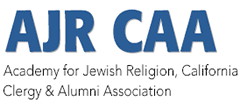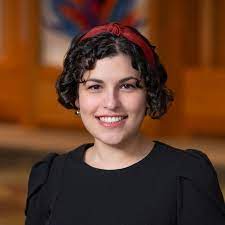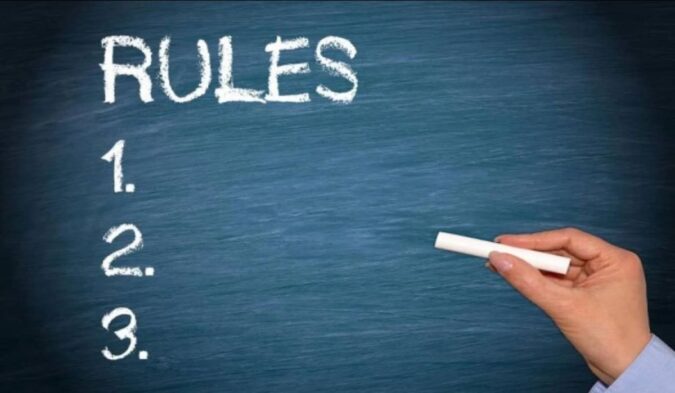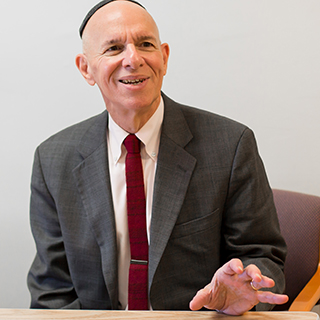Rabbi Shefa Gold: Bechukotai
Rabbi Gold questions the admonition in Leviticus: “If you follow all these commandments…you will be rewarded. If you do not, you will pay the price…”. This contrasts with a reality where good people suffer and others who act immorally do not suffer. She focuses on the spiritual challenge: it is our inner state of consciousness, rather than outer circumstances, that determines whether our life is Heaven or Hell.” Please follow the link below to read the full article:











